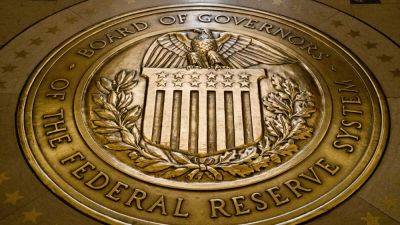We're taught that our homes are an asset. And that's helping keep housing prices high
If you listen to Canadian politicians, the solution to our housing crisis seems to be some combination of immigration reform and a herculean countrywide building effort.
But Paul Kershaw, a public policy professor at the University of British Columbia and founder of the affordability advocacy group Generation Squeeze, says the emphasis on increasing housing supply obscures an issue politicians are less likely to address.
Namely, that we, as a country, have become addicted to ever-rising home prices, largely because we've been conditioned to see our homes as financial assets.
«There are multiple things we need to do [to reduce prices], and more supply is one of them,» said Kershaw. But funding announcements for building projects are a «way to organize our concern about the housing system so that we don't have to … look in the mirror �— particularly homeowners who have been homeowners for a long time — and say: 'How are we entangled?'»
He said the current system incentivizes extracting profit from real estate, rather than prioritizing that everyone has access to affordable shelter.
«We need clarity about what we want from housing,» said Kershaw. «And it has to start with: 'We don't want these prices to rise any more.'»
Speculative effect
The trajectory of home prices is well-known to most Canadians. According to the Canadian Real Estate Association, the average home in January 2005 sold for $241,000. By February 2022, it had more than tripled, before easing somewhat to $719,400 in February 2024.
On Friday, Royal LePage released a forecast that suggested the aggregate price of a home in Canada will increase nine per cent year-over-year in the fourth quarter of this year.
Meanwhile, earnings in Canada have lagged significantly behind







